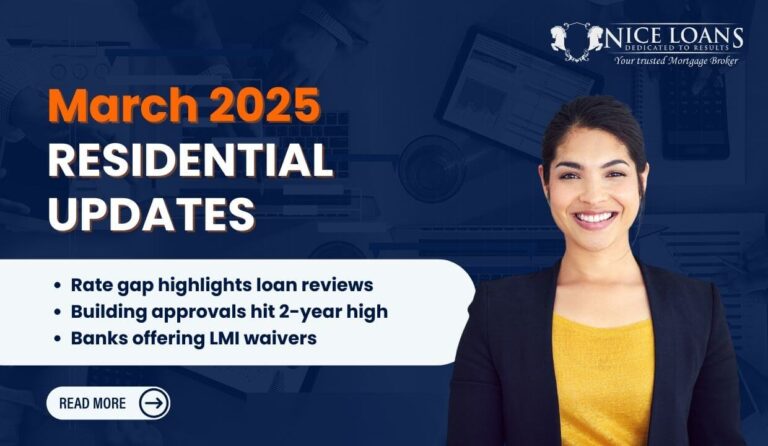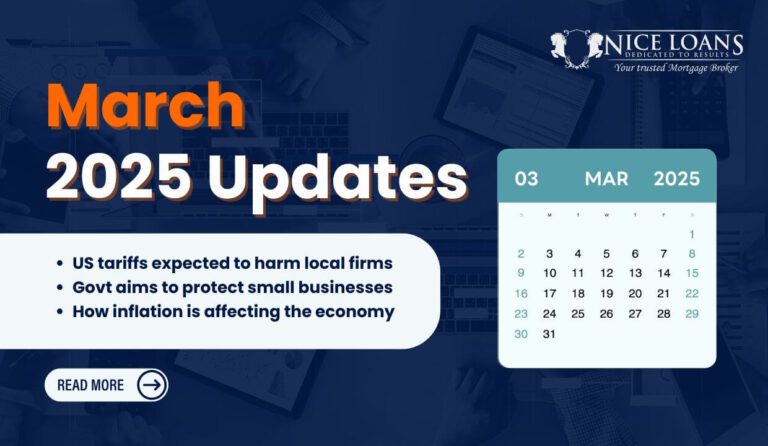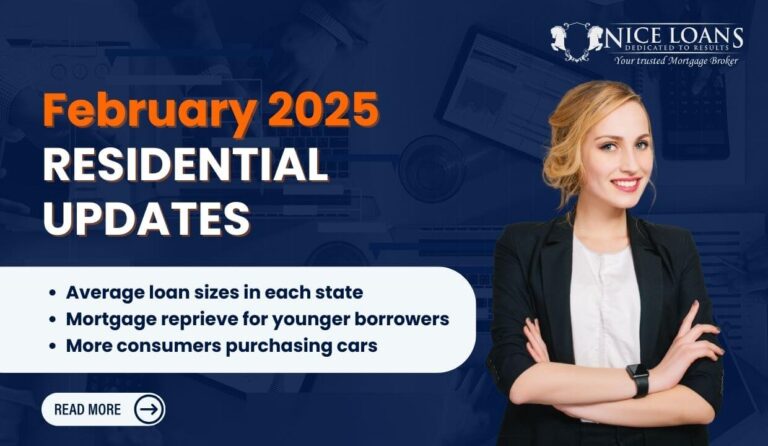Mortgage Calculator – Check your Borrowing Capacity
Buying a home is the biggest purchase we will ever make in our lifetime and before we do there is a lot to consider. Make sure you have the best home loan with all the features that you will need like offset account, redraw facility, netbank, extra repayments, etc. You need to check with your mortgage broker that your home loan repayment is within your budget without impacting your lifestyle. You can also check out your borrowing capacity on our home loan borrowing calculators section which will also show you home loan repayment amounts.
Things to consider before you take out a home loan
Anyone who is seriously considering purchasing a home needs to consider three basic things before they take out a home loan.
The first one is, have you saved enough for the deposit? You need to check whether or not you’ve saved enough for a deposit before you start approaching property lenders. In addition to asking whether or not you have enough savings you need to consider how stable your income stream is and what your credit rating is.
While some home buyers can purchase property with a deposit lower than 20 percent it is still worth factoring in stamp duty and any other associated costs such as property valuation, builder’s report and conveyancing fees. These fees need to be paid up front.
If paying those costs will place your deposit under 20 per cent you will be required to pay Lenders Mortgage Insurance which protects the lender in case you cannot meet your loan repayment obligations.
Which Home Loan & what home loan features will I need ?
With interest rates rising every month since May you need to think about whether you want to choose a variable, fixed or split mortgage. They all come with advantages and disadvantages. If you opt for a variable rate then you could see your mortgage repayments decrease. However on the flipside you run the risk of the repayments increasing as rates rise.
A fixed rate is best when you want security over your repayments but be aware that choosing this option means if rates do drop you will miss out.
Finally, what type of mortgage features do you want? Do you want a basic mortgage or do you want an offset account? Are you allowed to make extra repayments without incurring penalties? If you’re unsure what type of mortgage will best meet your needs then get in touch with us as our brokers would be happy to explain the features to you so you can make an informed decision.
What is your income?
After you’ve decided what type of mortgage you want, you need to consider your income. Is your income likely to increase? If so, by how much. Before you even think about entering your income into a mortgage calculator, which assesses how much you can borrow based on your current income and interest rates. You need to ask yourself three questions:
- What is your annual income? Do you have multiple sources of income. Multiple sources of income from employment, investments or gifts will give you greater stability to make repayments than if you only had one source of income.
- What are your monthly expenses? What are your current outgoings and what will your future expenses be after you’ve purchased a home? Expenses include regular financial commitments like debt repayments, insurance, general living expenses and of course, your anticipated mortgage repayments.
- What are the loan details? The most important information that you need to enter into the mortgage calculator includes your income, the interest rate and the loan term. Bear in mind that the mortgage calculator will assess your borrowing capacity based on a fixed interest rate over the term of the loan whether it’s 20, 25 or 30 years.
How do interest rates affect your borrowing power?
As interest rates rise your borrowing capacity decreases. When lenders calculate how much to lend you they factor in your income, assets, expenses, debts, credit history, the deposit size, type of loan and the value of the property. While assessing your suitability for a home loan they include a buffer of 3 per cent so if interest rates are currently 3 per cent they will calculate your repayment capacity based on 6 per cent. If you can’t afford to make repayments using the serviceability buffer rate then you won’t be eligible for a loan. Ultimately that means that the higher the buffer rate, the less you can borrow, so you will be limited in your property choices.
How can you increase your borrowing power?
While it’s expected that property prices will drop as a result of higher interest rates, it’s still best to plan for a situation where they do not drop. There are things that you can do to increase your borrowing power.
- Know your limits. It is best to borrow what you know you can definitely repay rather than asking to borrow more. If you ask for more the loan will be rejected or you will end up with a mortgage that you can’t service.
- Check your credit score before you apply. If your credit score is too low then take steps to improve it. If it’s correct then work on maintaining it. If you identify any errors then talk to one of our brokers to see how we can help.
- Don’t switch jobs. Lenders like to see employment stability as the risk is much lower for them because your income is stable.
- Review your spending habits. If you can cut back on any expenditure it is best to do so a few months before you apply for a mortgage.
- Save as much as you can. The higher the deposit the lower the risk in the eyes of the lender – and it means that your repayments will be lower.
- Reduce your debts. If you have bad debts like credit cards then pay them off as fast as you can or reduce their limits.
- Consolidate your debts. Fewer repayments will make managing your money much easier than if you have a lot outgoings.
Most importantly, adjust your expectations. There is no point to looking for a property in an area that you know you can’t afford. We have a mortgage calculator that you can enter all your information in so you can work out exactly how much you can borrow and what your expected repayments will be.








